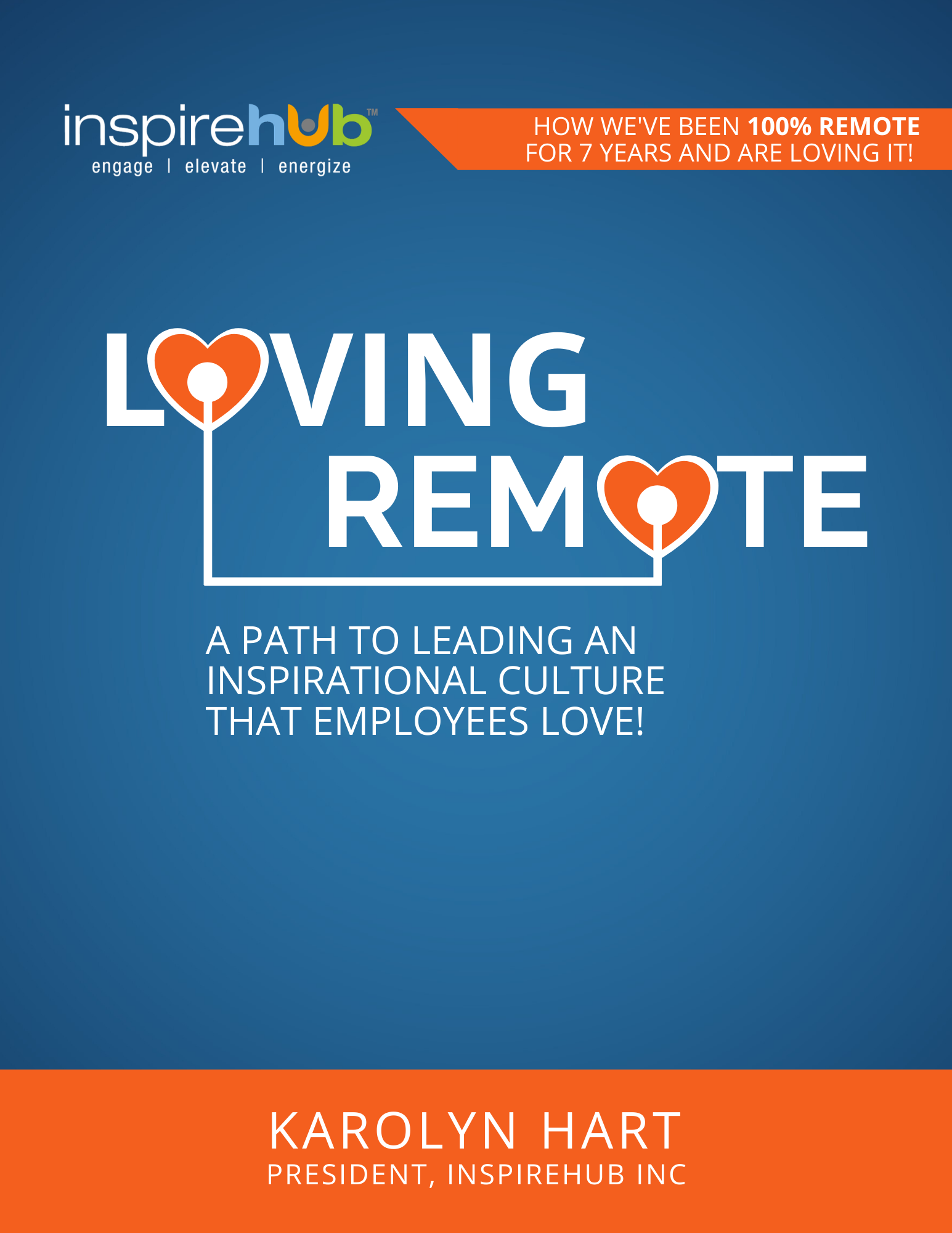
2020 has held us to account in a variety of ways, demanding a hard look at the way we not only do business but connect and value each other as people. There are some tough conversations to be had, and one of the best ways to create both psychological safety and meaningful, sustainable change is to tap into the wisdom of toolsets designed to help us do exactly that.
The good news? Many of them are free. The great news? Many are also easy to use and provide simple resources like scenario-based flashcards and videos to prompt discussion and critical thinking.
I recently stumbled across one that checks all the boxes...
Lean In's "50 Ways to Fight Bias" card set and video series.
It's a bias training activity that helps people recognize and combat that biases women face at work, and a simple way to start powerful conversations with your team and begin laying the foundation for change in your own workplace. Both kits are free and available digitally.
⯈ The card-based kit
This includes a set of 50 cards and a moderator guide that you can access in digital format to start using immediately or order in print format for those that prefer it. It also invites you to customize your own set of cards to use with your team. The cards highlight more than 50 specific examples of bias against women at work, encourage group discussion and problem-solving, and offer research-backed recommendations for what to do. The cards are designed to engage people of all genders and identities.
⯈ The video series
This includes 7 short (2-minute) videos, which make them a great conversation-starter in team meetings. They explain the most common types of bias women face and address the concept of intersectionality—how women can experience multiple biases due to other aspects of their identity.
What makes this particular kit so important right now?
⯈ Lean In partners with McKinsey & Company to release an annual report on women in the workplace, and the one just released for 2020 shows some troubling trends. The biggest one?
1 in 4 women are considering leaving the workforce or downshifting careers because of COVID-19, with a disproportionate impact on women of color.
The study lays bare both the biases within the workplace that are amplifying this discrepancy, and specific calls-to-action for leaders to course-correct a trend that is going to have a deeper impact in the years to come.
One of the things I loved about this study is that it was based on 2 of the most powerful questions any leader can ask when looking for actionable, sustainable ways to move the dial:
"What works?" and "How can we do more of that?"
Here's how it does that:
Women in the Workplace is the largest study on the state of women in corporate America. Based on data from 317 companies employing more than 12 million people, this year’s report features:
- An overview of what companies are doing to support employees during COVID-19—where they’ve stepped up, and where they can do more
- A detailed look at the dynamics that are driving mothers, senior-level women, and Black women to consider downshifting their careers or leaving the workforce
- Recommended strategies for addressing the core challenges women are facing and taking an intersectional approach to diversity
More great tools to help shape conversations, understanding and change.
⯈ Women looking for ongoing support might want to consider connecting through Lean In Circles, small groups of women who come together (virtually, right now) to talk and access peer support through the pandemic. You can join an existing circle or lead one of your own. There's plenty of support and resources to help you with both.
⯈ Another terrific resource you'll want to tap into is McKinsey's resource hub sharing perspectives on gender, diversity, and company practices. This collection of articles, podcasts and reports highlights both the challenges and opportunities for recognizing a broad range of biases—including racial, LGBTQ+ and gender biases—and making meaningful progress toward equality, diversity and inclusion:
The business case for gender equality, diversity, and inclusion is strong and growing stronger. This collection examines the barriers that prevent companies from addressing gender and racial equality and identifies solutions for building a stronger, more inclusive workforce.
What tools have helped YOUR team lean into meaningful change?
We’d love to hear about the tools that YOUR team has found helpful as you lean into opportunities to cultivate healthier workplace cultures, embracing diversity and inclusion. Why not tuck a note into the comments below and tell us about them?
Looking for more small business help?
.png)
The Ultimate Small Business Survival Guide is Here
We've been helping InspireHUB clients not just survive during this time but THRIVE! We collected all of our advice and made it available for FREE as our great big give-back during this difficult time. Included in this FREE Guide:
- Transformation Readiness Assessment
- Practical Marketing Help
- Proven Strategies to Pivot Your Company

Lead an Inspirational Remote Work Culture that Employees Love!
At InspireHUB, we get it. We've been a 100% remote workplace for more than 7 years, and are the first to admit we were UN-InspireHUB while we learned to grow into it.
 because we saw so many people struggling as they've had to adapt to this new way of working overnight.
because we saw so many people struggling as they've had to adapt to this new way of working overnight.
Here's how you can use it to grow YOUR small business too ...
Included in this FREE Guide:
- Why your remote team is experiencing fatigue.
- Understanding how leaders and employees have vastly different remote experiences.
- The lines you cannot cross with employee privacy when working remote.
- How to gamify your remote workforce.
- The rules of virtual engagement when it comes to working remotely.
- How the rules of meeting etiquette change in virtual meetings and why you must understand the difference!
2020 has pushed the limits of psychological safety in every possible way. There are plenty of things demanding leaders take a more active role in creating safe spaces for their teams, from wildfires swallowing businesses and communities whole; to a pandemic that plunged us into an economic crisis, turning homes into both offices and schools overnight; and a civil rights movement paving the way for long-overdue change in society and the workplace.
In a groundbreaking 1999 study, Harvard researcher Dr. Amy Edmondson, used a set of questions to measure something she called team psychological safety—“a shared belief held by members of a team that the team is safe for interpersonal risk-taking”. Leaders who lean into this know that it not only creates healthier, more resilient teams but has a direct impact on the bottom line.
For small businesses, thriving in an economic landscape that is unpredictable and rapidly changing presents unprecedented challenges. With so many people offering help (good problem to have!), trying to quickly access the resources and ideas that best fit your needs can be a challenge.
A great place to start? The trusted allies that have been reliable beacons for businesses for years. Amongst those is Forrester, one of the most respected research and advisory organizations globally. Their reports, blogs and podcasts help business and technology shepherds shape their organization's leadership, strategy, and operations.
Insights to help your small business find opportunities in the uncertainty....



